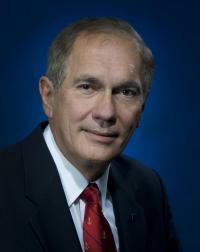Archive for September 2016
Environmental Resiliency in Nuclear Energy
SPEAKER: HARUKO WAINWRIGHT RESEARCH SCIENTIST, LAWRENCE BERKELEY NATIONAL LABORATORY DATE/TIME: MON, 09/26/2016 – 4:00PM TO 5:00PM LOCATION: 3105 ETCHEVERRY HALL Fall 2016 Colloquium Series Abstract: Environmental concerns pose the biggest challenge for nuclear energy, often preventing the construction of new plants, or the disposal of radioactive waste. There are currently more than a hundred sites in the world at which…
Read MoreCyber Security for Nuclear Energy
SPEAKER: ROBERT A. BARI SENIOR PHYSICIST, BROOKHAVEN NATIONAL LABORATORY DATE/TIME: MON, 09/19/2016 – 4:00PM TO 5:00PM LOCATION: 3105 ETCHEVERRY HALL Fall 2016 Colloquium Series Abstract: Cyber threats to high technology systems are growing concerns and approaches are being developed to detect these threats and to protect against them. The objectives of a program in the nuclear energy area will…
Read More
